6 Secrets to a Healthier Barbecue
Our guide to a guilt-free summer cookout.
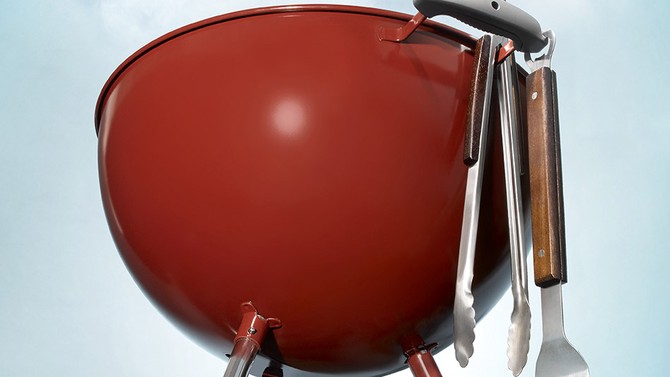
Photo: Claire Benoist
For years, grilling has gotten a bad rap: There's the link, backed by dozens of studies, between cooking meat at high temps over an open flame and potentially cancer-causing chemicals; the increased risk of illness when food sits out in the heat; and the fact that standard burgers-and-dogs fare isn't really helping anyone's waistline. But we're not here to be Debbie Downers. Try these simple work-arounds so you can keep the barbie fired up all season long.
1. Pick Your Meat Wisely
I always choose the leanest cuts," says registered dietitian Jim White, a spokesperson for the Academy of Nutrition and Dietetics. "That means burgers that are at least 93 percent lean. There's less fat to make its way down onto hot coals and release the smoke that contains carcinogens."
1. Pick Your Meat Wisely
I always choose the leanest cuts," says registered dietitian Jim White, a spokesperson for the Academy of Nutrition and Dietetics. "That means burgers that are at least 93 percent lean. There's less fat to make its way down onto hot coals and release the smoke that contains carcinogens."
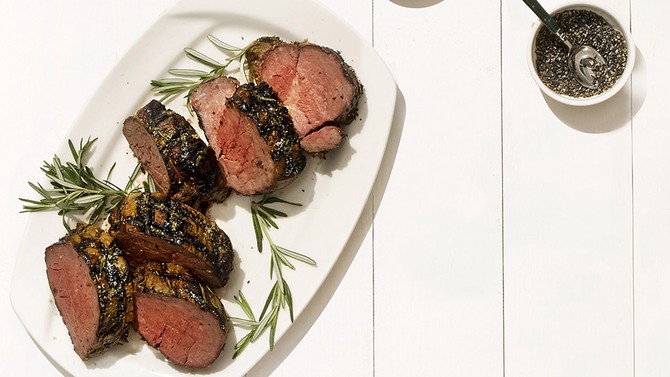
Photo: Claire Benoist
2. Use Herb-Based Marinades
These instant flavor boosters may also lower your cancer risk, according to a study in the Journal of Food Science. Researchers found that a marinade containing rosemary reduced the amount of potentially cancerous heterocyclic amines formed during grilling by up to a whopping 88 percent.
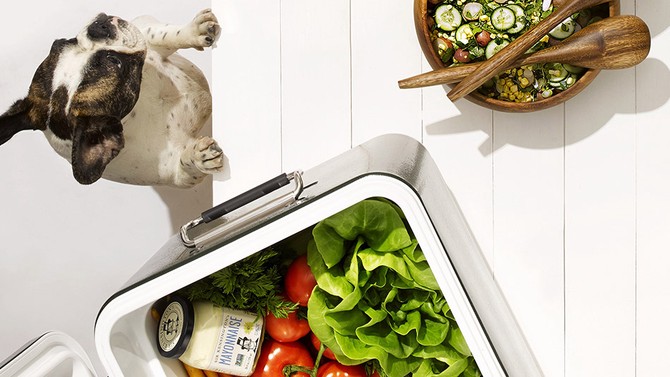
Photo: Claire Benoist
3. Double Up On Coolers
If you're heading for the park with uncooked meat, put it in a separate cooler so it won't contaminate other food. Or partially precook meat in the microwave before you leave home and keep it hot (above 140 degrees) in a sealed container. You'll reduce both your grilling time and the amount of uncooked fat that can drip onto coals.
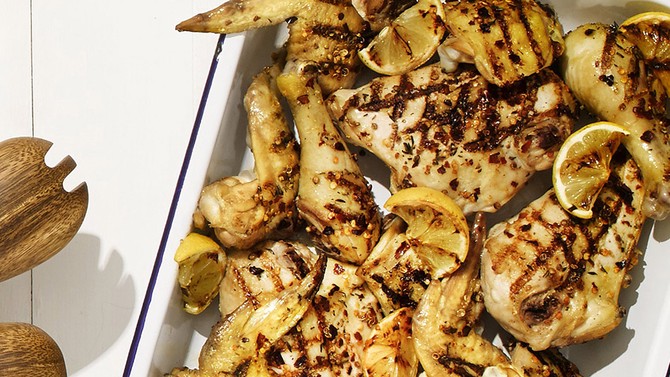
Photo: Claire Benoist
4. Don't Overcook
Of course, undercooked meat can cause food-borne illness—but overcooking has its own risks. One study found that people who consumed the most red meat that was cooked well to very well done were 60 percent more likely to develop pancreatic cancer compared with those who ate the least, possibly because the prolonged exposure to heat increases the production of carcinogens.
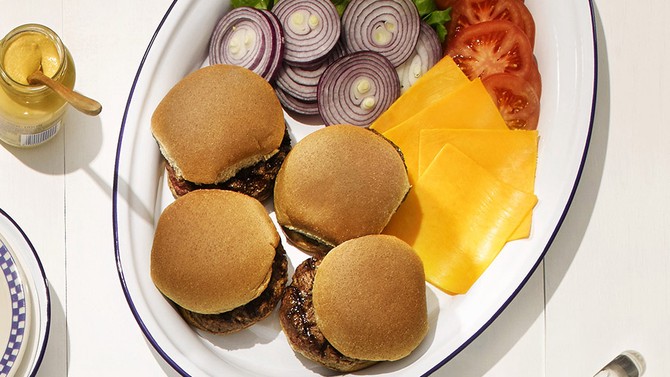
Photo: Claire Benoist
5. Eat Within Two Hours of Grilling
After that, you're in the danger zone, when bacteria can grow quickly, doubling in as little as 20 minutes. Eat as soon as the food comes off the grill. Some people like to leave meat out and graze, but don't risk it.
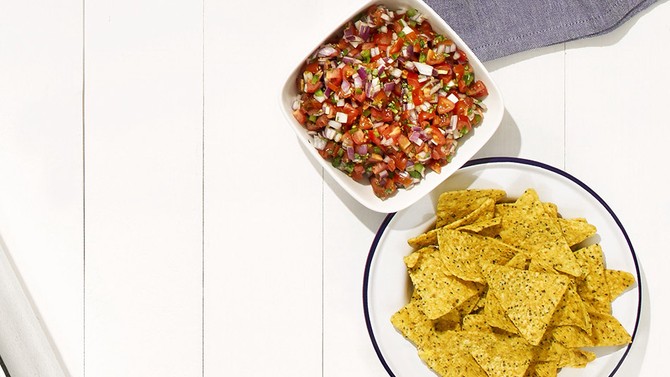
Photo: Claire Benoist
6. Say Yes to Salsa
If you're going to be outdoors, serve a salsa made with bottled lemon or lime juice instead of a creamy dip. You'll trim calories, and the citric acid can help slow the growth of pathogens like E. coli.
From the July 2015 issue of O, The Oprah Magazine

